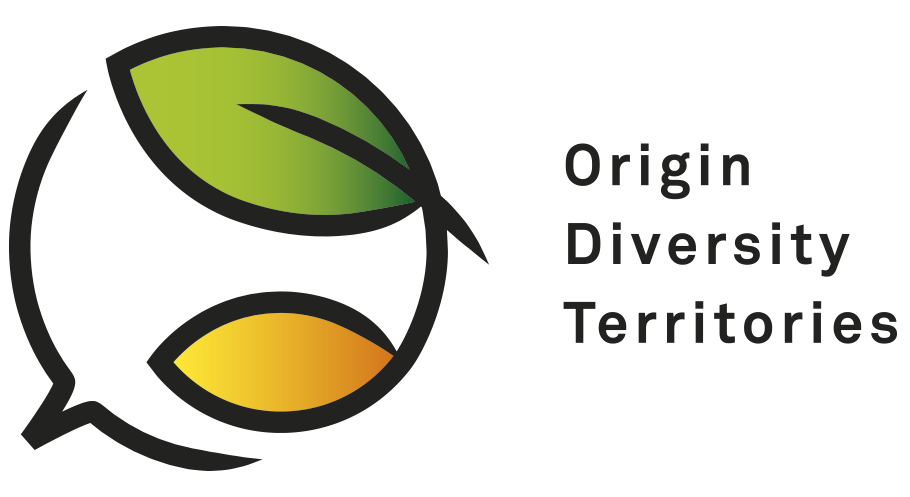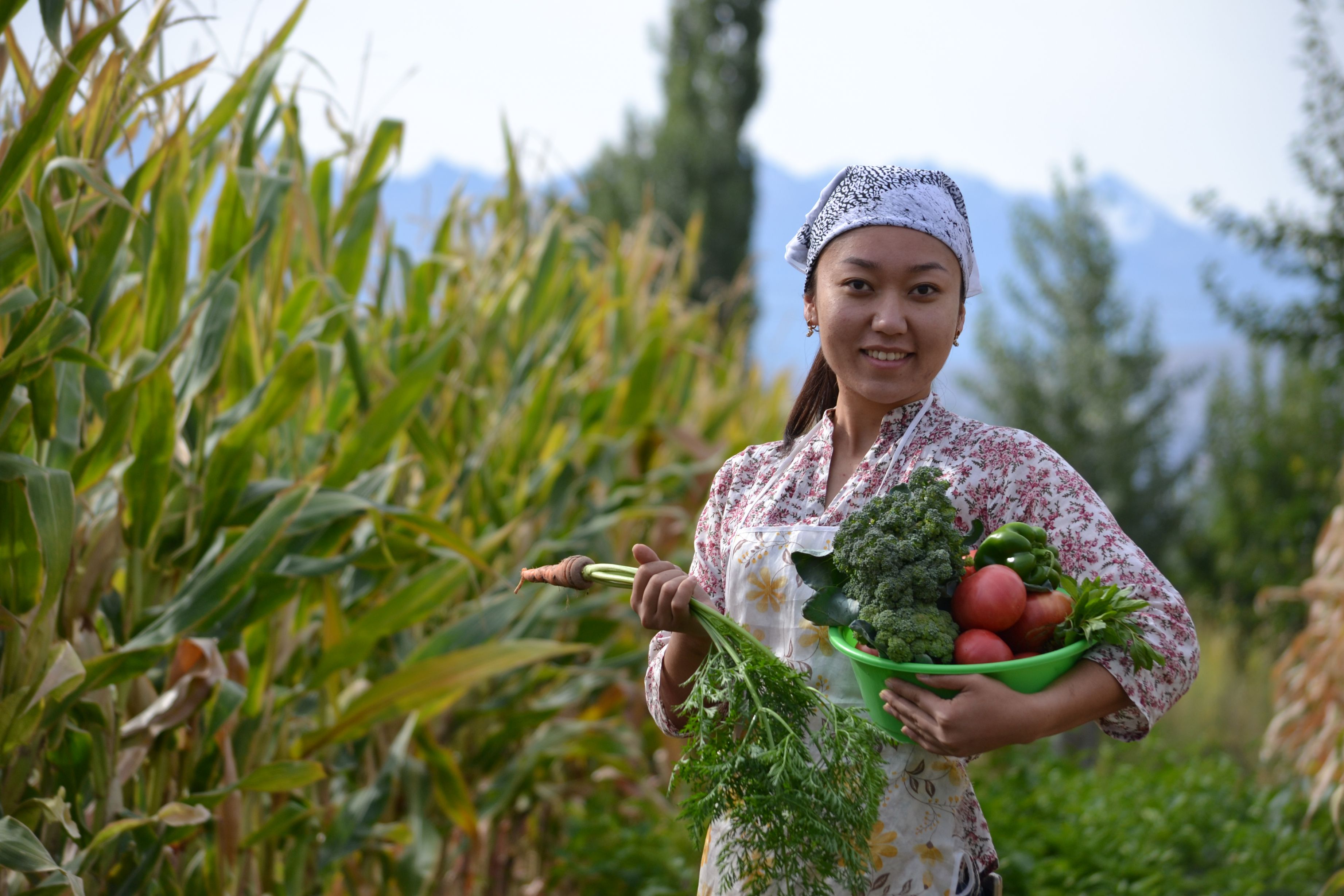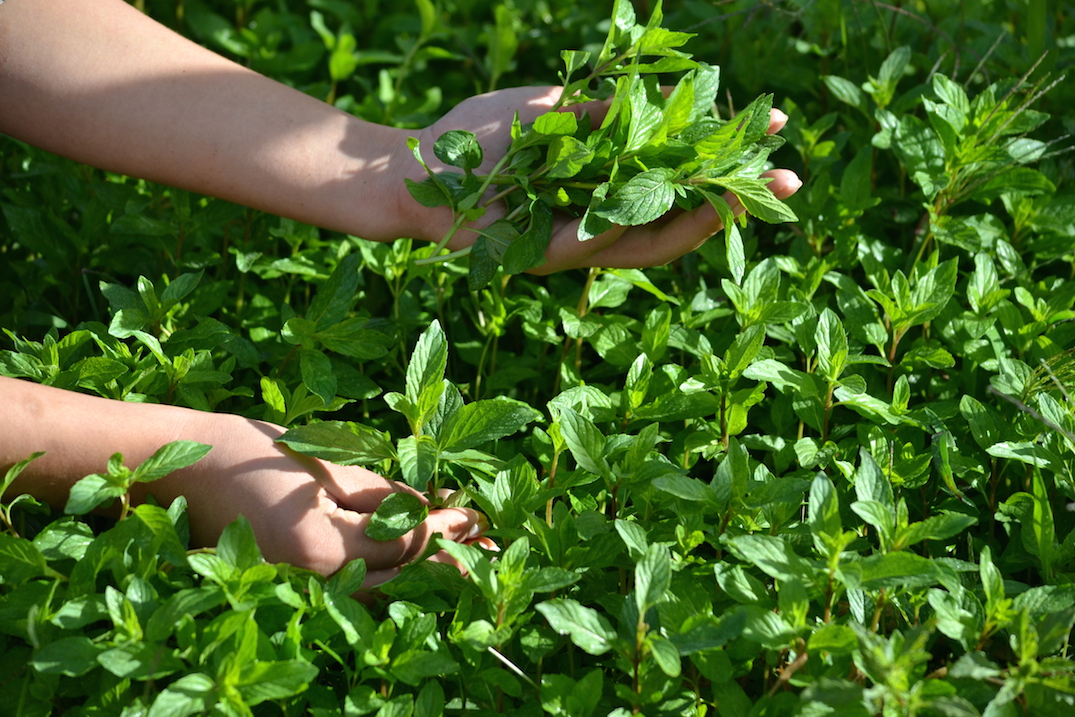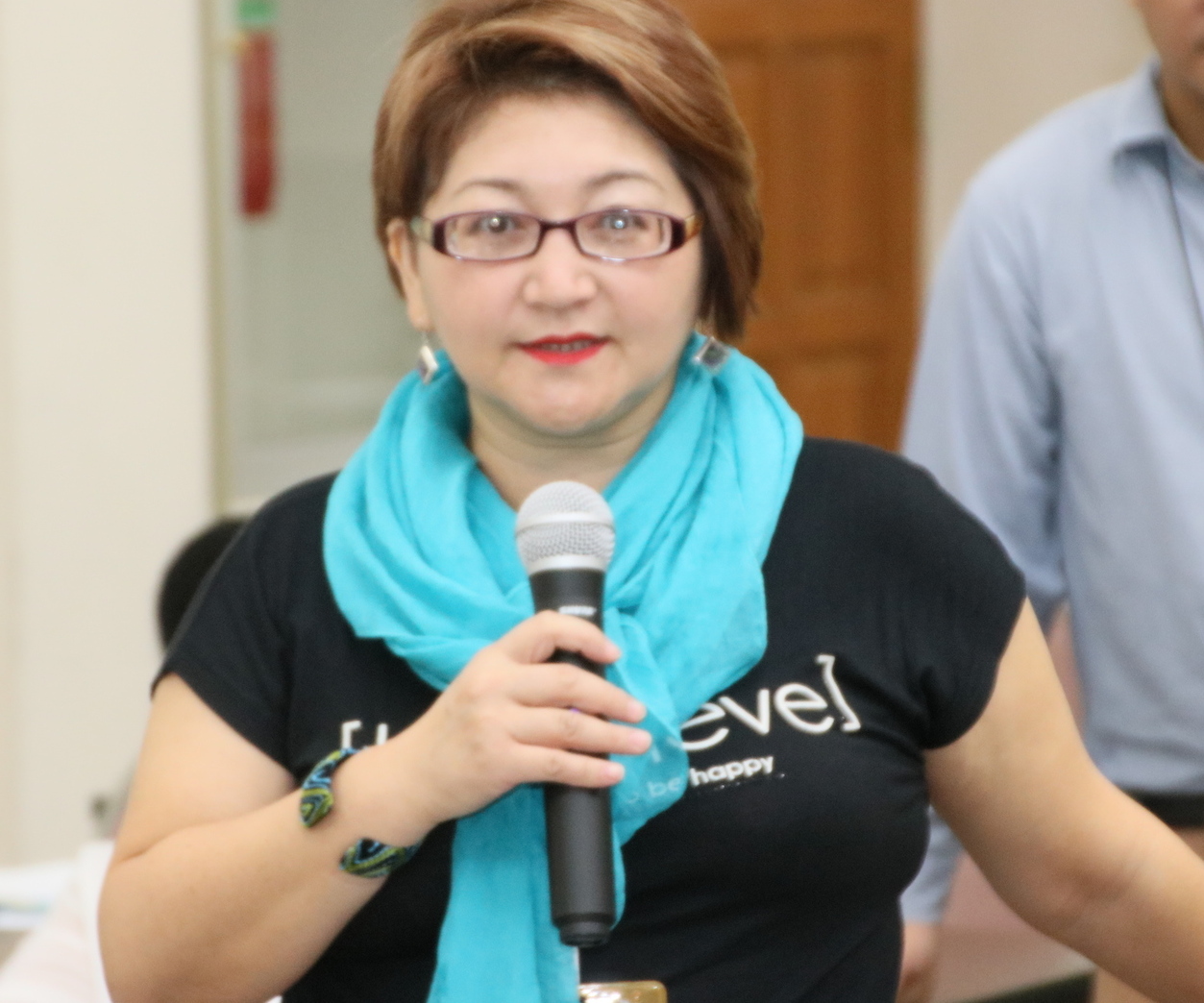La Boutique Paysanne (Côte d Ivoire)

Structure
 La Boutique Paysanne is a Cooperative Society with a Board of Directors composed by the Professional Agricultural Organizations, very small enterprises (TPE) and small businesses / industry (SMEs / SMIs) crafting agricultural products with the institutional support of the National Chamber of Agriculture of Ivory Coast.
La Boutique Paysanne is a Cooperative Society with a Board of Directors composed by the Professional Agricultural Organizations, very small enterprises (TPE) and small businesses / industry (SMEs / SMIs) crafting agricultural products with the institutional support of the National Chamber of Agriculture of Ivory Coast.
The Boutique Paysanne is a set of spaces for consulting, promotion, extension and distribution of products from basic and non-industrial agriculture processed in Côte d’Ivoire.
It is a distribution network open to all finished products of all Ivorian agricultural sectors, namely crops, animals and forestry.
The Boutique Paysanne is run by its members with a working fund based on the principle of consignment. Its employment and development policy is mainly focused on youth and gender.
Suppliers have a promotional space for their products, which favors exchanges with customers, tastings, B to B meetings, etc.
The Boutique Paysanne also serves as an interface between producers, processors, equipment manufacturers and manufacturers. It is also a framework for pooling actions, sharing experiences and solidarity between producers and processors.
Project
- Promoting local processing of Ivorian terroir products by actors
- Improve the marketing of products taking into account packaging and environmental hygiene requirements
- Promote the professionalization of actors to improve their income and their work and life environment
- Offer a framework for the promotion and marketing of local products
- To promote the product label of the earth of Ivory Coast
- Promote rural entrepreneurship in rural areas
Topics of interest for the Forum
- Improve the marketing of local products through processing
- Human development by processing local products
- Develop a strategy to ensure the regular supply of the different agencies
- Involve local authorities in the development of the LA Boutique Paysanne concept
- Certification of products (several products from different suppliers)
- Enhance local products by professionalising processes.

























 .
.
















